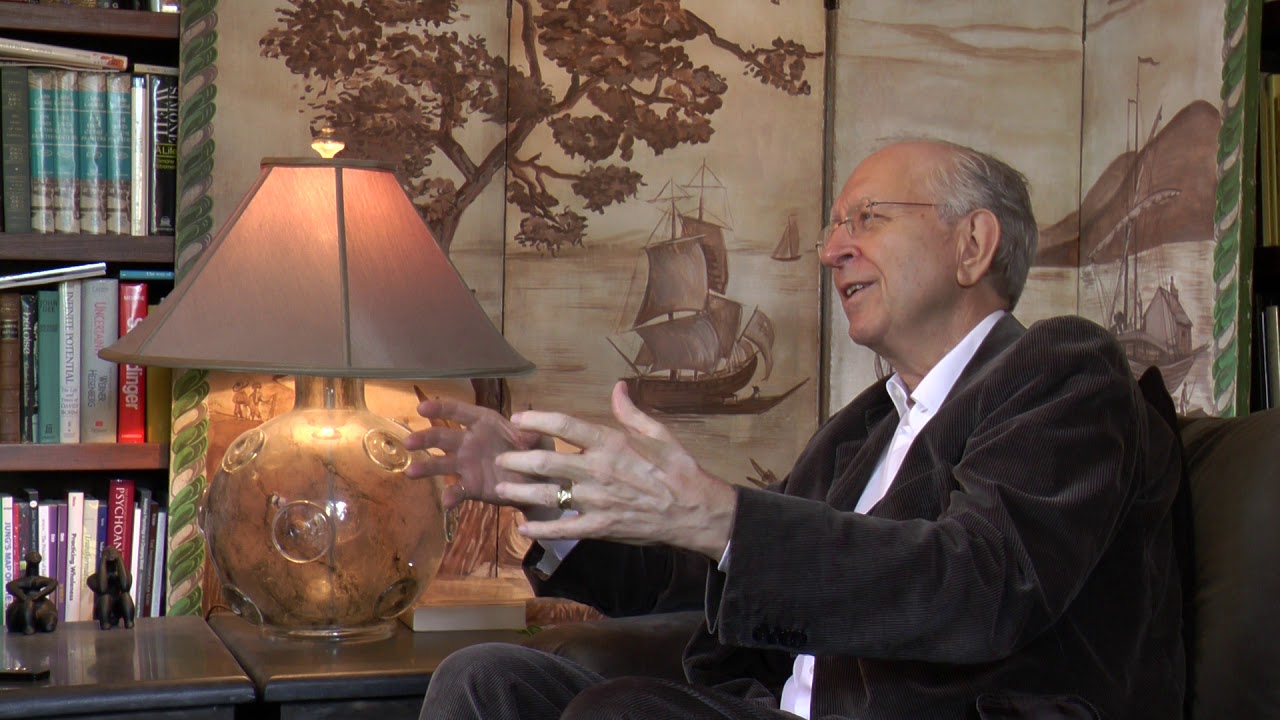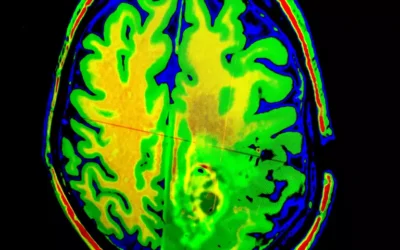Who is Murray Stein?
1.1 Murray Stein’s multifaceted contributions
Murray Stein, an American Jungian analyst, author, and scholar, has made significant contributions to the field of analytical psychology, bridging the gap between traditional Jungian thought and contemporary perspectives. His work spans a wide range of topics, including the process of individuation, the role of spirituality in psychological development, and the cultural implications of Jungian ideas. Stein’s ability to articulate complex concepts in accessible language has made him a leading voice in the international Jungian community.
1.2 Stein’s role in advancing Jungian thought
As a prominent figure in the Jungian world, Stein has played a crucial role in advancing and disseminating Jungian ideas. He has served as the President of the International Association for Analytical Psychology (IAAP) and has been instrumental in the development of Jungian training programs worldwide. Through his writings, lectures, and workshops, Stein has helped to ensure the continued relevance and vitality of Jungian psychology in the contemporary era.
The Process of Individuation
2.1 Stein’s clarification of individuation
One of Stein’s most significant contributions to Jungian psychology is his clarification of the concept of individuation. He describes individuation as the lifelong process of psychological development, through which individuals become increasingly differentiated, authentic, and whole. Stein emphasizes that individuation is not a linear process, but rather a dynamic, spiral-like journey that involves the integration of conscious and unconscious elements of the psyche.
2.2 The importance of the self-shadow relationship
Central to Stein’s understanding of individuation is the importance of the relationship between the self and the shadow. He argues that the integration of the shadow—the repressed, disowned, or unconscious aspects of the personality—is essential for psychological growth and wholeness. By confronting and embracing their shadow, individuals can access a greater sense of vitality, creativity, and authenticity.
2.3 The role of midlife transitions
Stein also highlights the significance of midlife transitions in the individuation process. He suggests that the middle years of life often involve a profound reorientation of values, priorities, and self-understanding. By navigating the challenges and opportunities of this stage, individuals can experience a “second birth” or renewal that propels them towards greater self-realization and fulfillment.
Spirituality and Jungian Psychology
3.1 Stein’s approach to spirituality
Another key area of Stein’s work is the intersection of spirituality and Jungian psychology. He approaches spirituality from a broad, inclusive perspective, recognizing the diversity of spiritual experiences and traditions. Stein argues that spirituality is an essential aspect of psychological wholeness and that the process of individuation is, at its core, a spiritual journey.
3.2 The significance of religious symbols and experiences
Stein emphasizes the importance of religious symbols and experiences in the individuation process. He suggests that these elements of the psyche often hold profound meaning and transformative potential. By engaging with religious symbols and experiences—whether through dreams, active imagination, or spiritual practices—individuals can access a deeper sense of connection, purpose, and transcendence.
3.3 The relationship between psychology and spirituality
Stein also explores the complex relationship between psychology and spirituality. He acknowledges the historical tensions between these two domains, but argues that they are ultimately complementary and mutually illuminating. By integrating psychological and spiritual perspectives, individuals can develop a more holistic and integrated understanding of themselves and the world around them.
Cultural Implications of Jungian Thought
4.1 Stein’s analysis of contemporary culture
Stein’s work also addresses the broader cultural implications of Jungian thought. He offers a penetrating analysis of contemporary culture, highlighting the ways in which modern life can contribute to psychological fragmentation, alienation, and disconnection. Stein argues that the individualistic, materialistic values of Western society often undermine the process of individuation and the development of a authentic, fulfilling life.
4.2 The need for a renewal of meaning and purpose
In response to these cultural challenges, Stein emphasizes the need for a renewal of meaning and purpose. He suggests that individuals must cultivate a deeper sense of connection—to themselves, to others, to nature, and to the transcendent—in order to thrive in the contemporary world. By drawing on the wisdom of Jungian psychology and the world’s spiritual traditions, individuals can develop a more resilient and adaptable sense of self.
4.3 The role of Jungian ideas in cultural transformation
Stein also explores the potential of Jungian ideas to contribute to cultural transformation. He argues that the insights of analytical psychology—such as the importance of the unconscious, the power of symbols, and the centrality of the individuation process—can help to foster a more balanced, interconnected, and sustainable way of life. By promoting a greater appreciation for the depth and complexity of the human psyche, Jungian thought can play a vital role in shaping a more humane and fulfilling future.
Clinical Applications and Implications
5.1 Stein’s influence on Jungian training and practice
Stein’s contributions have had a significant impact on the training and practice of Jungian analysts worldwide. As a leader in the international Jungian community, he has helped to shape the curriculum and standards of Jungian training programs. Stein’s emphasis on the integration of theory and practice, as well as his commitment to ongoing professional development, has influenced a generation of Jungian clinicians.
5.2 The relevance of Stein’s work for psychotherapy
While rooted in the Jungian tradition, Stein’s ideas have relevance for a wide range of psychotherapeutic approaches. His insights into the process of individuation, the importance of the self-shadow relationship, and the role of spirituality in psychological growth can inform and enrich the work of therapists from diverse theoretical backgrounds. Stein’s clear, accessible style makes his work particularly valuable for clinicians seeking to integrate Jungian concepts into their practice.
5.3 The implications for personal growth and development
Beyond its clinical applications, Stein’s work has important implications for personal growth and development. His emphasis on the lifelong process of individuation, the necessity of shadow work, and the transformative power of midlife transitions offers a roadmap for individuals seeking to lead more authentic, fulfilling lives. By engaging with Stein’s ideas, readers can gain a deeper understanding of their own psychological journey and develop the tools and insights needed to navigate the challenges and opportunities of self-discovery.
Challenges and Criticisms
6.1 The balance between tradition and innovation
One of the challenges in assessing Stein’s work is the balance between tradition and innovation. As a leading figure in the Jungian community, Stein is committed to preserving and promoting the core insights of analytical psychology. However, some critics may argue that this commitment to tradition can sometimes limit the scope of his engagement with contemporary perspectives and research.
6.2 The need for empirical support
Another potential criticism of Stein’s work is the need for greater empirical support. While his ideas are grounded in decades of clinical experience and theoretical understanding, some may question the extent to which they have been validated by rigorous scientific research. As the field of psychology continues to emphasize evidence-based practice, the integration of Jungian concepts with empirical findings remains an ongoing challenge.
6.3 The accessibility of Jungian language and concepts
Finally, there is the challenge of making Jungian language and concepts accessible to a wider audience. Despite Stein’s clear and engaging style, the complexity and depth of Jungian thought can sometimes prove daunting for readers unfamiliar with the tradition. The use of specialized terminology and the reliance on symbolic, archetypal language may limit the reach and impact of Stein’s work beyond the Jungian community.
Future Directions and Implications
7.1 The integration of Jungian psychology with other disciplines
As the field of psychology continues to evolve, there are exciting opportunities for the integration of Jungian psychology with other disciplines. Stein’s work, with its emphasis on spirituality, culture, and the process of individuation, offers a rich foundation for interdisciplinary dialogue and collaboration. By engaging with fields such as neuroscience, anthropology, and religious studies, Jungian thinkers can develop a more comprehensive and nuanced understanding of the human psyche.
7.2 The application of Jungian ideas to social and political issues
Stein’s analysis of contemporary culture also highlights the potential for applying Jungian ideas to social and political issues. The insights of analytical psychology—such as the importance of the collective unconscious, the dynamics of projection, and the need for individual and cultural shadow work—can offer valuable perspectives on the challenges facing modern societies. By bringing a Jungian lens to issues such as social justice, environmental sustainability, and political polarization, thinkers and activists can develop more holistic and transformative approaches to change.
7.3 The ongoing relevance of Stein’s work for the Jungian community
Ultimately, Stein’s work serves as a vital bridge between the past and the future of Jungian psychology. By preserving and promoting the core insights of analytical psychology, while also engaging with contemporary perspectives and challenges, Stein helps to ensure the ongoing relevance and vitality of the Jungian tradition. As new generations of analysts and scholars continue to build upon his contributions, Stein’s legacy will undoubtedly shape the course of Jungian thought for years to come.
Ongoing Contributions
8.1 Recapitulation of Stein’s key contributions
In summary, Murray Stein’s work represents a significant and enduring contribution to the field of Jungian psychology. His elucidation of key concepts such as individuation, the self-shadow relationship, and the role of spirituality in psychological growth has helped to make Jungian ideas more accessible and applicable to contemporary audiences. Stein’s analysis of modern culture and his commitment to the advancement of Jungian training and practice have positioned him as a leading voice in the international Jungian community.
8.2 Stein’s place in the history of Jungian thought
Stein’s work can be seen as part of a broader movement within Jungian psychology to bridge the gap between traditional concepts and contemporary perspectives. Like other influential figures such as Edward Edinger, Marie-Louise von Franz, and James Hillman, Stein has helped to ensure the continued relevance and vitality of Jungian ideas in the face of changing cultural and intellectual landscapes. His contributions have both preserved the core insights of analytical psychology and opened up new avenues for exploration and application.
8.3 The enduring significance of Stein’s vision for psychological growth and transformation
Ultimately, the enduring significance of Stein’s work lies in his vision for psychological growth and transformation. His emphasis on the lifelong process of individuation, the importance of integrating the shadow, and the profound interconnections between psychology, spirituality, and culture offers a roadmap for individuals and societies seeking to navigate the challenges of the modern world. By engaging with Stein’s ideas and applying them to their own lives and work, readers can access a deeper sense of meaning, purpose, and wholeness, and contribute to the ongoing evolution of Jungian thought and practice.
References
- Stein, M. (1998). Jung’s map of the soul: An introduction. Open Court Publishing.
- Stein, M. (2004). Transformation: Emergence of the self. Texas A&M University Press.
- Stein, M. (2006). The principle of individuation: Toward the development of human consciousness. Chiron Publications.
- Stein, M. (2010). Individuation and the self: Jungian interpretations. Open Court Publishing.
- Stein, M. (2014). Minding the self: Jungian meditations on contemporary spirituality. Routledge.
- Stein, M. (2019). Jung’s red book for our time: Searching for soul under postmodern conditions. Chiron Publications.
- Stein, M., & Hollwitz, J. (Eds.). (1992). Psyche at work: Workplace applications of Jungian analytical psychology. Chiron
- Publications.
- Edinger, E. F. (1992). Ego and archetype: Individuation and the religious function of the psyche. Shambhala Publications.
- Hillman, J. (1996). The soul’s code: In search of character and calling. Random House.
von Franz, M.-L. (1998). C.G. Jung: His myth in our time. University of Toronto Press.


























0 Comments